MUC1 (Mucin 1)
MUC1 (Mucin 1)
- Used for: Breast cancer, ovarian cancer, pancreatic cancer.
- Why it’s good: Overexpression of MUC1 is seen in many cancers, making it a broad biomarker.
- Limitation: It can be elevated in non-cancerous conditions as well.
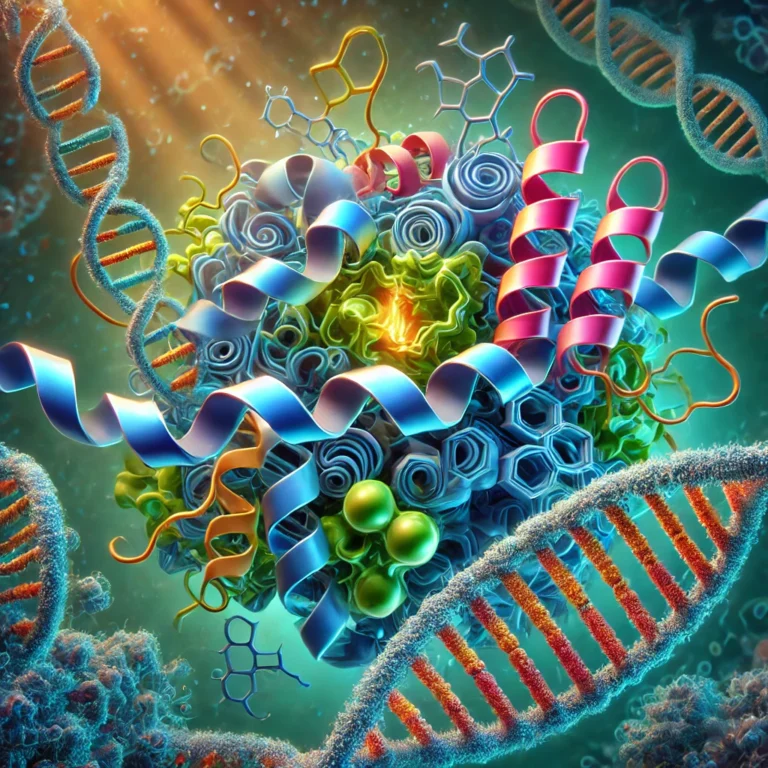
TP53 (Tumor Protein p53)
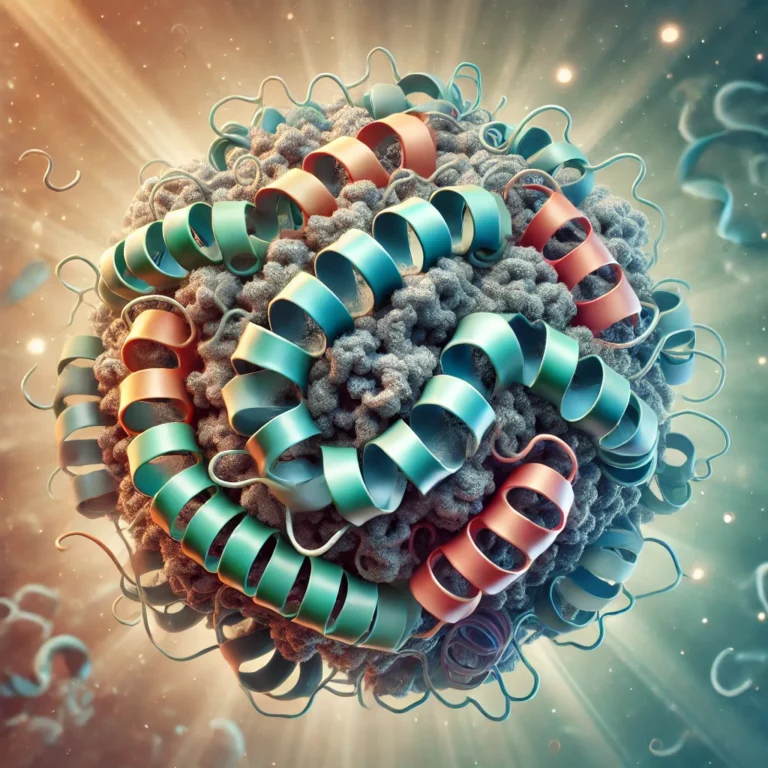
Alpha-Fetoprotein (AFP) is a well-established cancer biomarker with diverse clinical applications, especially in liver and germ cell tumors. Here’s a detailed summary of its biological role, diagnostic value, prognostic utility,…
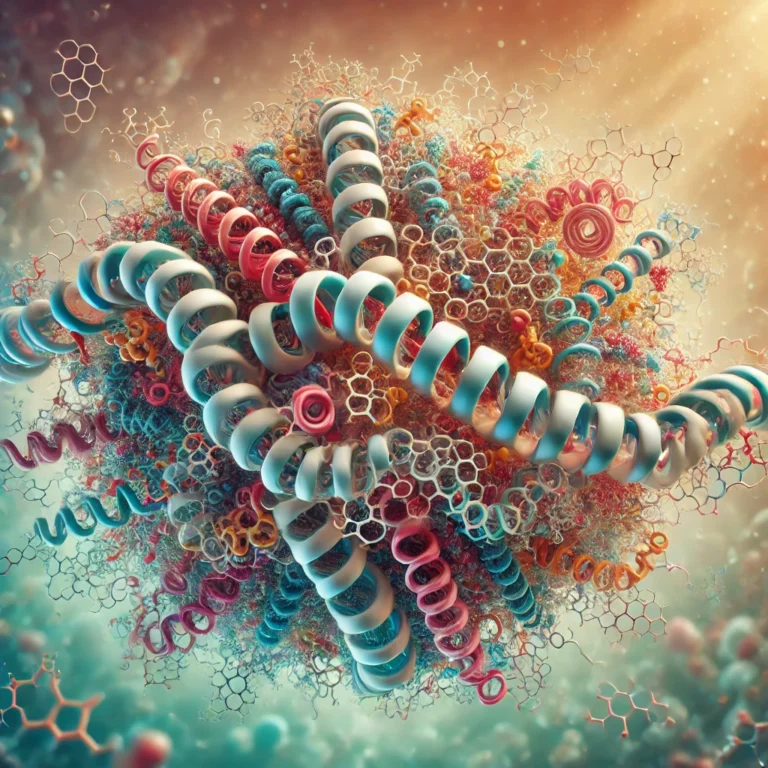
Carbohydrate antigen 72-4 (CA72-4) is a tumor-associated glycoprotein frequently studied as a biomarker for cancer, particularly gastric and gynecological malignancies. Here’s a detailed overview based on current research: Overview and…
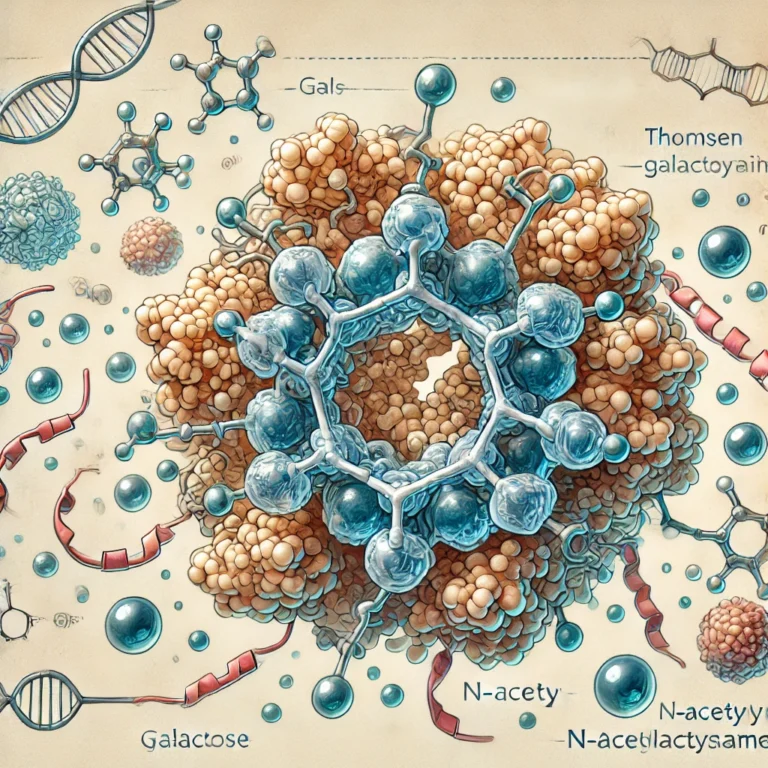
The Thomsen–Friedenreich (TF) antigen, also known as CD176, is a disaccharide structure comprising galactose and N-acetylgalactosamine (Galβ1-3GalNAcα1-Ser/Thr). It serves as the core 1 structure in O-linked glycosylation of proteins. In…
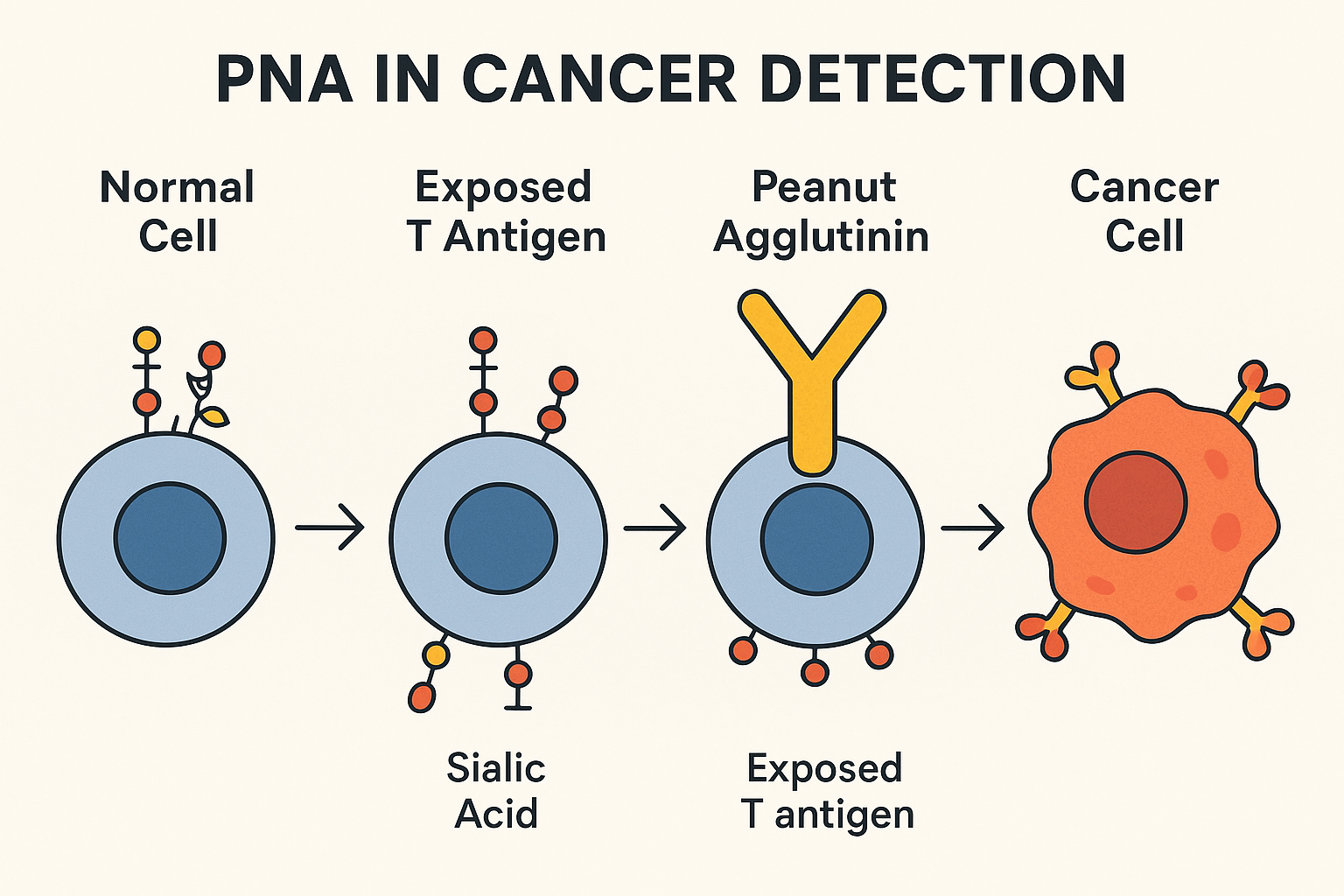
Peanut agglutinin (PNA) plays a role in cancer detection because it specifically binds to the Thomsen–Friedenreich antigen (T-antigen) — a carbohydrate structure that is hidden in normal cells but exposed…
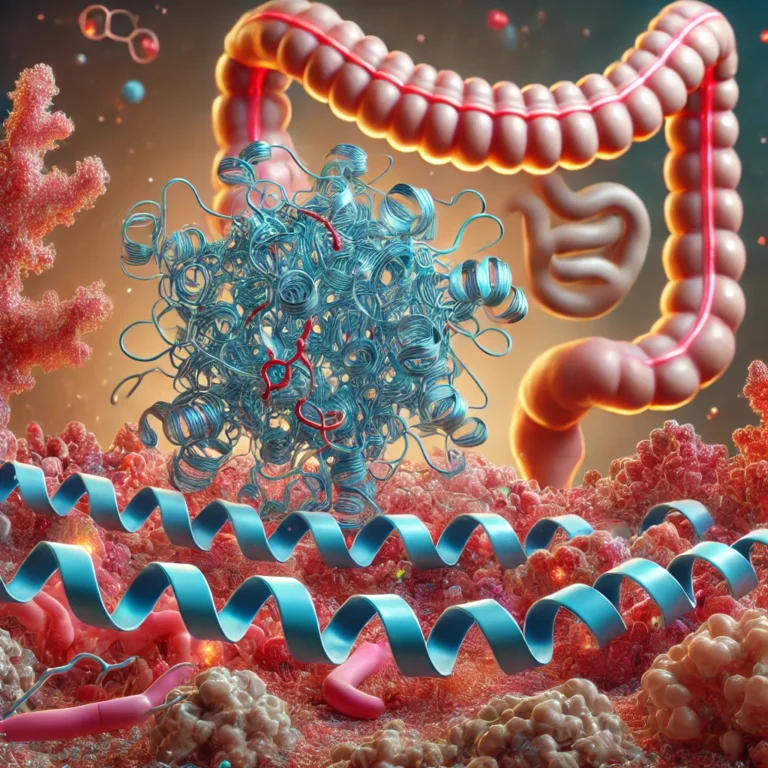
CEA is a cell adhesion molecule normally produced during fetal development. In adults, it is usually undetectable in the blood, but it may be re-expressed and elevated in certain cancers,…